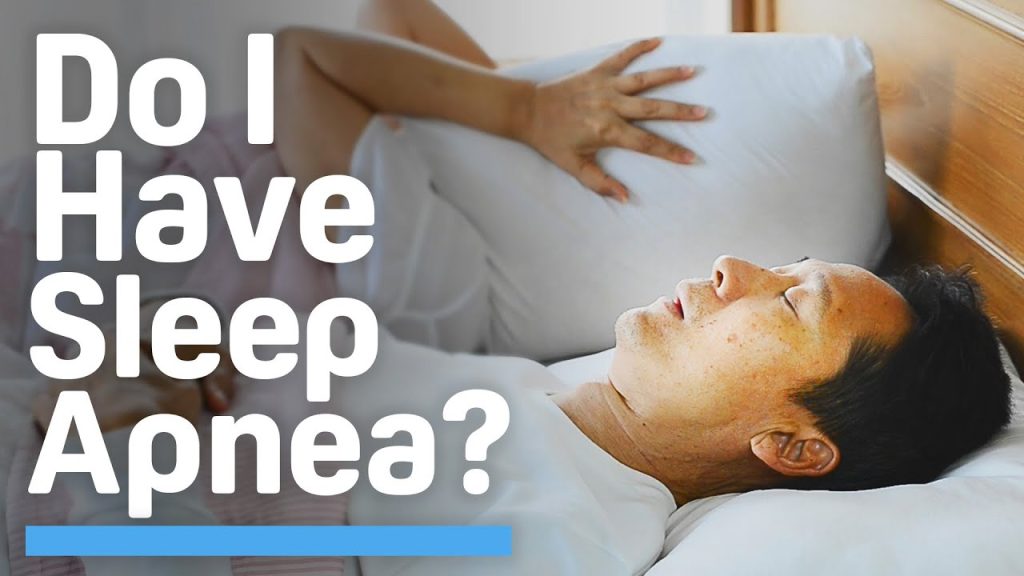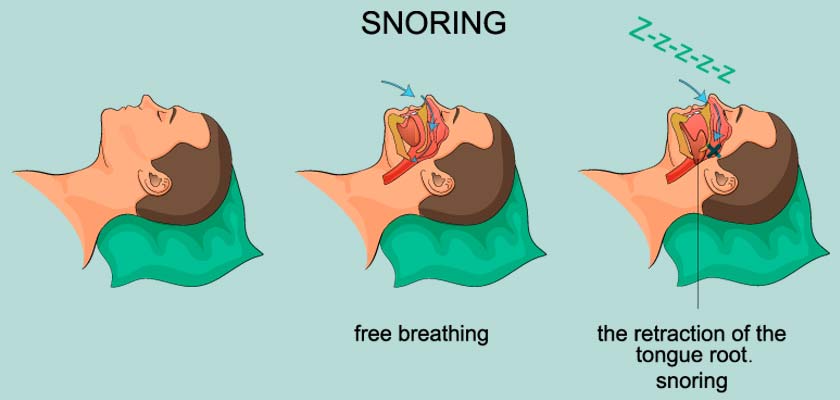Untreated Sleep Apnea Can Have Serious Consequences
When you wake up do you feel extremely groggy, even with the right amount of sleep? Are you hearing complaints about your snoring from your bed partner? Did you ever wake yourself up with your own snoring? You may actually be suffering from sleep apnea, but don’t worry. This post can help you battle this problem.
Talk to a physician about the right CPAP machine for you. You must consider both the size of your machine and its loudness. A machine to get you through the night is better than feeling fatigued every day. A doctor will be able to give advice on machines that they know their patients have had very good luck with.
Lose weight if you need to. It is widely known that being overweight is the cause of sleep apnea for some people. If you are obese, lose at least 20 pounds to see if it makes a change for the better with your sleep apnea. It will also help ward off other medical conditions, too.
Sleep apnea is usually diagnosed by a doctor after he looks at your family history, medical history, and you have a comprehensive physical exam. Also, your doctor may want to try a sleep study on you. Depending on the results, you may be referred to a specialist.
Losing weight is a good way to cut chances of developing sleep apnea. Getting rid of those extra pounds can help you with your sleep apnea. Even if you lose just a few pounds, you will notice a difference. This helps to open the airways.
Do not smoke. Smoking causes your throat to swell and that will make your condition even more difficult to deal with. Common ways to quit smoking include smoking cessation programs and nicotine replacement products, such as gums. For most individuals, the first month is the worst. Then you get less cravings as more and more nicotine leaves the body.
If you have sleep apnea, you can improve your symptoms by exercising your throat muscles. When the soft tissue of the throat collapses, the airway becomes blocked and sleep apnea occurs. When the muscles have strengthened, collapsing is less likely to occur, thus keeping your airways free.
How you sleep each night can determine the quality of sleep you get and how bad your sleep apnea really is. This is why it’s essential to sleep in a good position. Lift up the top half of your body with a foam wedge. An alternative method is to angle your bed so that the head is approximately four inches above the foot.
People who snore or even those who have sleep apnea may benefit if they learn to play a musical instrument. This is good for your soul, and playing a wood instrument will reduce sleep apnea issues. Taking up this new endeavor will help you get a handle on controlling your airways.
If you believe you’ve got sleep apnea, try seeing your doctor and getting a sleep test. Such a test can both diagnose the presence of sleep apnea and determine to what extent you’re afflicted with it. Then, you can find the right treatment for your situation based off of the facts.

If you suffer from sleep apnea, don’t sleep on your back. Sleeping on your back does not allow enough air to get into your airways, making sleep apnea flare up. Sufferers of sleep apnea should as such, try to sleep on their side.
The technical definition of sleep apnea is not having enough oxygen while you sleep. An extended lack of oxygen can lead to a fatal event. It is important to get treatment for your sleep order before your body goes without oxygen for too long. Your doctor can suggest treatments, therapies, useful tools and surgery, if necessary.

You need to get a mouth guard that is custom made for you! There are mouth guards you can use to help you when you sleep. The position your jaw sits in can cause your sleep apnea symptoms.
You should think about using a mouth guard. If you have a small jaw or suffer from an overbite, you might want to try a mouth guard. These devices adjust the position of the interfering attribute so that you can breathe easier at night.
Exercises designed to strengthen the throat muscle are available to help with your sleep apnea. This strengthening may prevent future collapsing of your airways. Stick your tongue in and out. Practice saying vowels over and over. Do at least one of these exercises once per day for three minutes at a time. Almost any exercise that uses your throat muscles can help to build a stronger airway which leads to better breathing as you sleep.
Avoid narcotic or opioid pain medications. These types of pain medications can cause low levels of oxygen in patients with normal sleep habits. This can seriously hurt the amount of oxygen you get in a night if you have sleep apnea.
Sleeping on your side is key when living with sleep apnea. If you sleep on your back, your tongue and tissues from your throat block your airway and interfere with breathing. Prop up your body with pillows to lay on your side and avoid rolling onto your back when you sleep.
Discuss any fears you have about sleep apnea with your doctor. This condition is not only serious and affects how you live you life, but it can also be a life threatening disorder if left untreated. If your sleep partner has told you that you snore or have sleep apnea, make an appointment with a medical professional.

Talk to others who share your condition. Your doctor might be able to direct you toward a group, and you will definitely be able to find one online. You’ll find discussing sleep apnea with others who understand it will be very beneficial to your overall mental health.
Reading the above tips has armed you with the information you need to treat your sleep apnea problem. This is a crucial step that lots of people usually mess up. Your knowledge level should have improved, and your comfort level as well, which will help you sleep well again.



